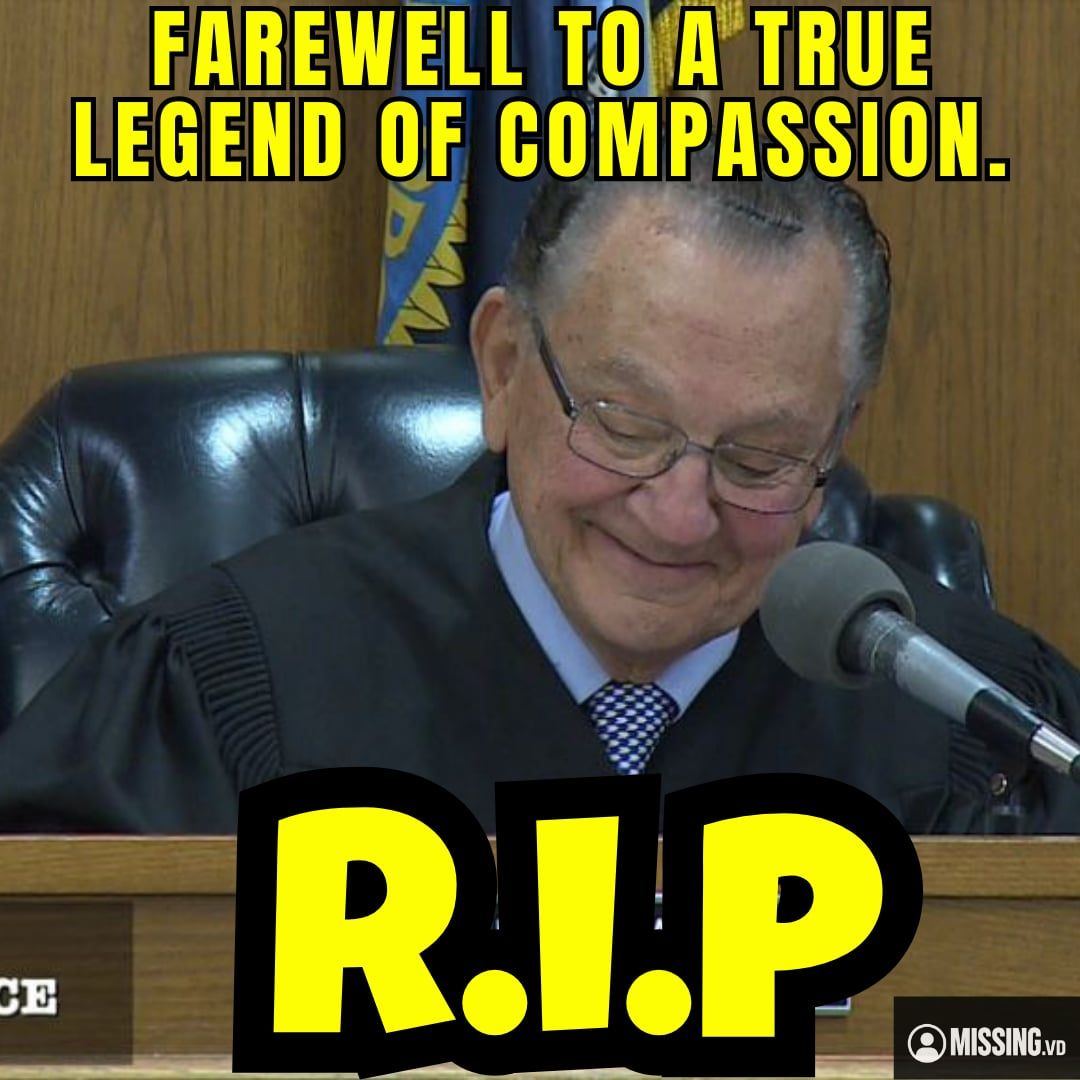Portland, Oregon — In a tense and rapidly evolving standoff between city and federal authorities, Homeland Security Secretary Kristi Noem delivered a sharp message to Portland Mayor Keith Wilson: unless the city complies with national security directives, a substantial increase in federal enforcement personnel will follow.
During her visit to Portland on Tuesday, Noem toured a U.S. Immigration and Customs Enforcement (ICE) building — a frequent site of demonstrations in recent years. Her appearance coincided with a legal clash between Oregon officials and the Trump administration regarding the use of National Guard forces in the area.
Noem Issues Stark Warning to Portland Officials
Speaking with Fox News’ Jesse Watters, Noem expressed frustration after her meeting with Mayor Wilson, accusing the city of placing politics above public welfare.
“He’s still playing political games,” Noem said. “I told him directly — if he won’t commit to necessary security measures for our officers, we’ll step in. That means sending in four times the number of federal agents to protect this city.”
Her comments come on the heels of several weeks of demonstrations targeting federal buildings in Portland, with reported vandalism and confrontations between protestors and law enforcement.
Noem Stands Firm with Federal Personnel
Earlier that day, Secretary Noem joined federal agents at the ICE facility, reiterating her department’s pledge to safeguard federal property and staff.
“Mayor Wilson is dragging his feet while the situation worsens,” Noem said. “His hesitation is a danger to his own community. At some point, leadership means making the tough call.”
She criticized Portland’s leadership for what she described as a failure to act decisively, asserting that this inaction was putting both civilians and officers at unnecessary risk.
Claims of Orchestrated Unrest
Noem also suggested that organized extremist groups may be behind the turmoil, labeling them as “trained disruptors.”
“This isn’t spontaneous unrest — these are experienced agitators who know exactly how to escalate,” she said. “And too many leaders here are either unaware or unwilling to take that seriously.”
While she stopped short of naming specific organizations, Noem stressed the need for tighter cooperation between federal and municipal agencies in identifying and prosecuting individuals involved in violent activity.
Portland Mayor Responds to Heated Exchange
Initially declining to comment, Mayor Wilson’s office later released a written statement describing his meeting with Noem as “respectful but marked by fundamental disagreements.”
“Our top priority has always been the safety of our residents,” the statement read. “We believe the solution lies in coordinated action — not threats or unilateral force.”
Mayor Wilson did not directly address Noem’s remarks but affirmed that the city would continue engaging with federal partners “within the boundaries of state law.”
A City Frequently at Odds with Federal Policy
Portland has long stood at the center of conflict between local values and federal enforcement tactics — especially in matters related to immigration and protest management.
Under multiple administrations, the city has clashed with federal authorities over what local officials describe as heavy-handed responses to civil unrest. Advocates argue these deployments overstep federal boundaries, while supporters claim they restore order in high-risk situations.
The current dispute mirrors previous flashpoints, with federal officials citing threats to infrastructure and local leaders pushing back against what they see as overreach.
Maya Harrington, a senior fellow at the Pacific Policy Institute, says Portland continues to symbolize the national debate over federal jurisdiction.
“Portland has become the face of the ongoing struggle between centralized authority and local autonomy,” Harrington said. “What’s different now is the more aggressive stance taken by Secretary Noem, even under a Democratic administration.”
A Broader Federal Strategy in Motion
Officials within the Department of Homeland Security say the increased presence in Portland is part of a nationwide initiative to protect federal assets during times of heightened risk.
According to agency insiders, the plan includes deploying additional agents to assist local forces during crisis periods. While some state officials have endorsed the proposal, others caution that increased federal visibility could exacerbate tensions on the ground.
“Federal protection is a legitimate responsibility,” said retired FBI agent Thomas Deane. “But there’s always a risk of appearing intrusive — especially in cities like Portland, where trust in federal power is already strained.”
Political Fallout and Public Opinion
Noem’s high-profile clash with Portland leadership may influence broader debates about law enforcement and federal authority as the administration continues to emphasize its law-and-order platform.
She has positioned herself as a tough, no-nonsense figure unafraid to confront cities she sees as neglecting public safety. While her supporters applaud her decisive tone, critics argue it may further polarize already fragile relationships.
“Doubling down on threats may grab headlines,” said Dr. Lila Chen, a political science professor at Portland State University. “But it risks alienating local officials who might otherwise be willing to collaborate. Lasting solutions require trust, not ultimatums.”
Portland at a Turning Point
For many residents, the situation reflects a deeper tension between Portland’s progressive identity and its recent struggles with governance, protest response, and community trust.
Local business owner Ethan Morales shared mixed feelings.
“We absolutely want safety,” he said. “But Portland has always valued self-governance. Bringing in a wave of federal agents feels like treating symptoms, not the cause.”
What Comes Next
Neither DHS nor the mayor’s office has confirmed whether additional federal forces will be arriving in Portland. Behind the scenes, both parties reportedly continue discussions on how to move forward — balancing the need for security with respect for local control.
In her final remarks, Noem stood firm:
“This isn’t about red or blue,” she said. “It’s about lives, property, and the rule of law. If the city won’t act, we will.”
As the conflict deepens, Portland may once again become a national flashpoint — testing the boundaries of federal intervention in an era marked by political division and public distrust.




